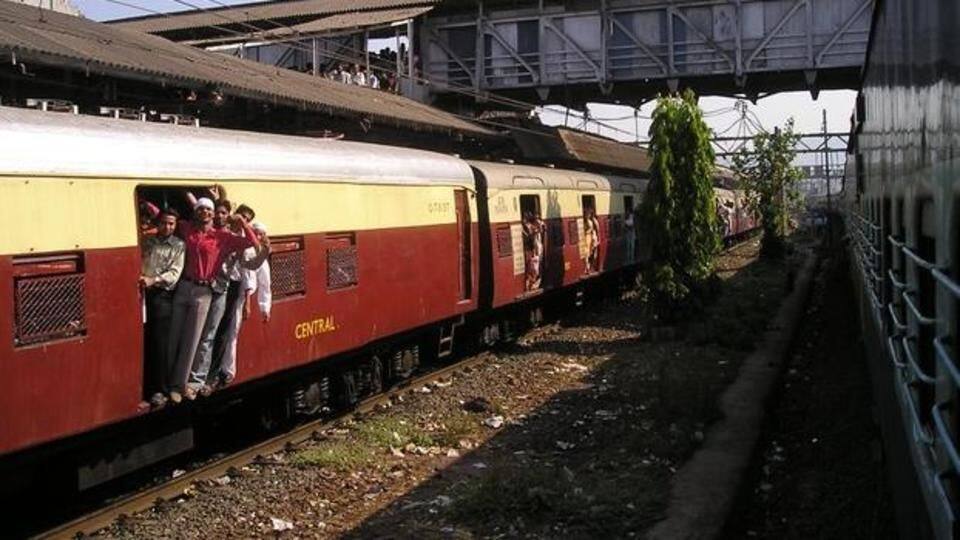
Railways' biotoilets needs cow-dung of Rs. 42cr. Or do they?
What's the story
After much deliberation, Indian Railways decided to fit biotoilets in each of its 54,506 coaches. 97,761 have been installed already. But reports have emerged about the system's widely-improper implementation. Moreover, biotoilets were adopted even after studies had deemed them inefficient. To keep them running, Railways would have to spend Rs. 42cr on 3,350 truckloads of cow-dung in 2018, IndiaSpend notes. The details are shocking.
Beginning
A project already deemed ineffective was taken up in 2011
In 2011, the Railways decided on the biotoilets to be fixed in coaches. Interestingly, flaws in the basic model designed by the DRDO had been pointed out in 2007. Studies had found them ineffective at the Kumbh Mela and the army base-camp at Siachen glacier too. Initially, Railways ordered about 80,000 biotoilets from nine firms; seven of them had various complaints pending against them.
Problems
CAG report lists a number of flaws in the system
In November'17, the CAG pointed out a number of flaws in the system: 199,689 defects were found in 25,000 toilets. There were 102,792 incidents of choking alone; the highest were reported from the Bengaluru coaching depot. The quantity and quality of material was unsatisfactory, CAG observed. The Railways hadn't conducted proper tests on the effluents either: none had been conducted at Dhanbad at all.
Dung
What was the issue with the cow-dung?
Biotoilets need bacteria to digest human excreta and leave water and methane. Each needs 60L of inoculum, a mixture of cow-dung and water. The CAG report noted the Railways had bought 3,600L of inoculum at Rs. 68,400 in May'16. (Incidentally, it remained unused till its shelf life expired) Hence, Rs. 42cr would have to be spent on 3,350 truckloads of cow-dung this year.
Information
Railways doesn't even have the facility to produce the bacteria
The Railways doesn't have facilities to produce the required bacteria either. The Nagpur workshop generates 30,000L of bacteria a month, but there's been no movement on more facilities proposed at Perambur and Kapurthala. It will have to source it from private firms at Rs. 19/L.
Status
Another wasteful project costing Rs. 10,900cr on the anvil?
Reacting to the CAG report, the Railways had called its criticism "not correct" and blamed passengers for "some problems of choking". Surprisingly, it is now mulling fitting vacuum toilets in coaches atop the biotoilets already installed, at a cost of Rs. 10,900cr. Considering the myriad of problems with biotoilets, the Railways needs to take a strict look before starting on another wasted project.